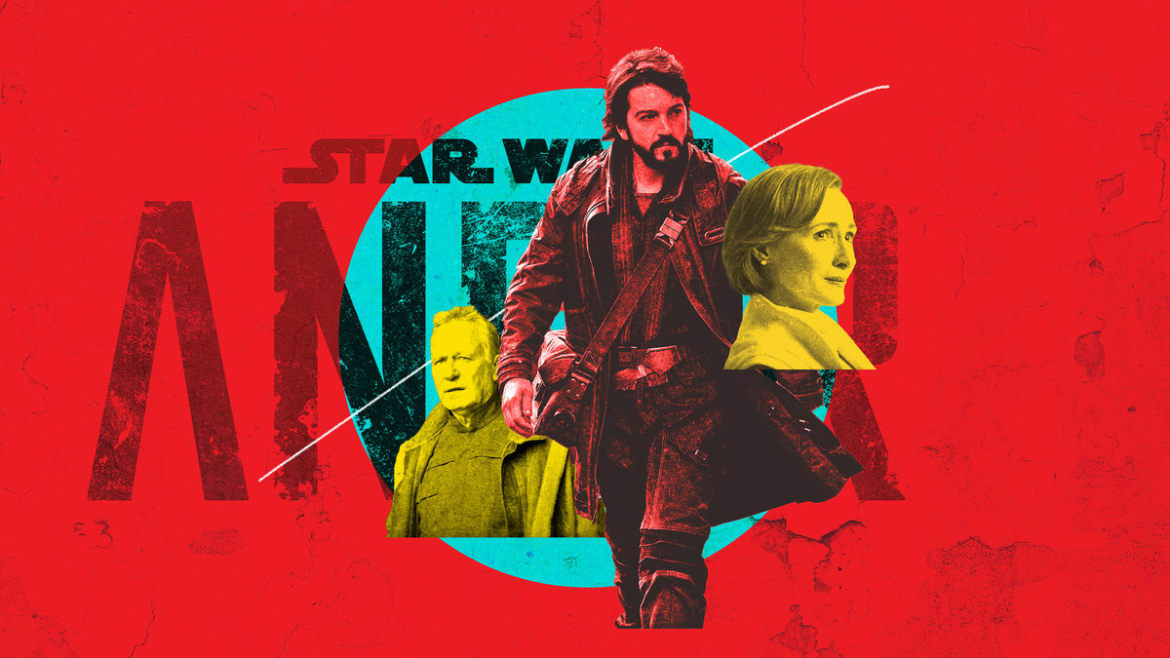Photo Illustration by Luis G. Rendon/The Daily Beast/Lucasfilm Ltd.
When George Lucas set out to write the very first Star Wars, he was inspired by two things: social anthropology and the Vietnam War. Lucas went on to write a movie about efforts against an imperialist regime that resorted to violence against its own people to keep order. While doing so, he was aware that the rebels that wanted to blow up the Death Star more resembled the Viet Cong than any traditional “American hero” of the 1970s. And in Disney+’s Andor, that original thesis not only shines through, but it’s also perfectly laid out in a way that Star Wars has never really been able to accomplish before.
By the end of its first season, which premiered on Disney+ Wednesday, Andor has become a reflection of a classic Star Wars idea. It’s a moral distilled in one of the series’ most memorable lines. As they’re training on Dagobah in Star Wars: Episode V – The Empire Strikes Back, Master Yoda tells Luke Skywalker, “Do or do not. There is no try.” The statement is meant to be encouraging; don’t try to accomplish something, just do it. “Trying” implies a lack of confidence, whereas just setting out to “do” something means you’ve chosen to act.
While there are several reasons why this quote has such longevity in the Star Wars fandom—and beyond—the first season finale of Andor flips the iconic quote on its head in one series-defining line. In a montage that shows the remaining moments before Maarva Andor’s (Fiona Shaw) funeral, Karis Nemik (Alex Lawther) can be heard reciting what can only be his manifesto. The late rebel speaks of the rebellion and how several small fights can win a bigger war. He notes that fighting against the Empire, such a powerful entity, may sometimes feel impossible. Yet “freedom is a pure idea,” he says, and every tiny push forward is a step toward knocking the fascist regime down.

